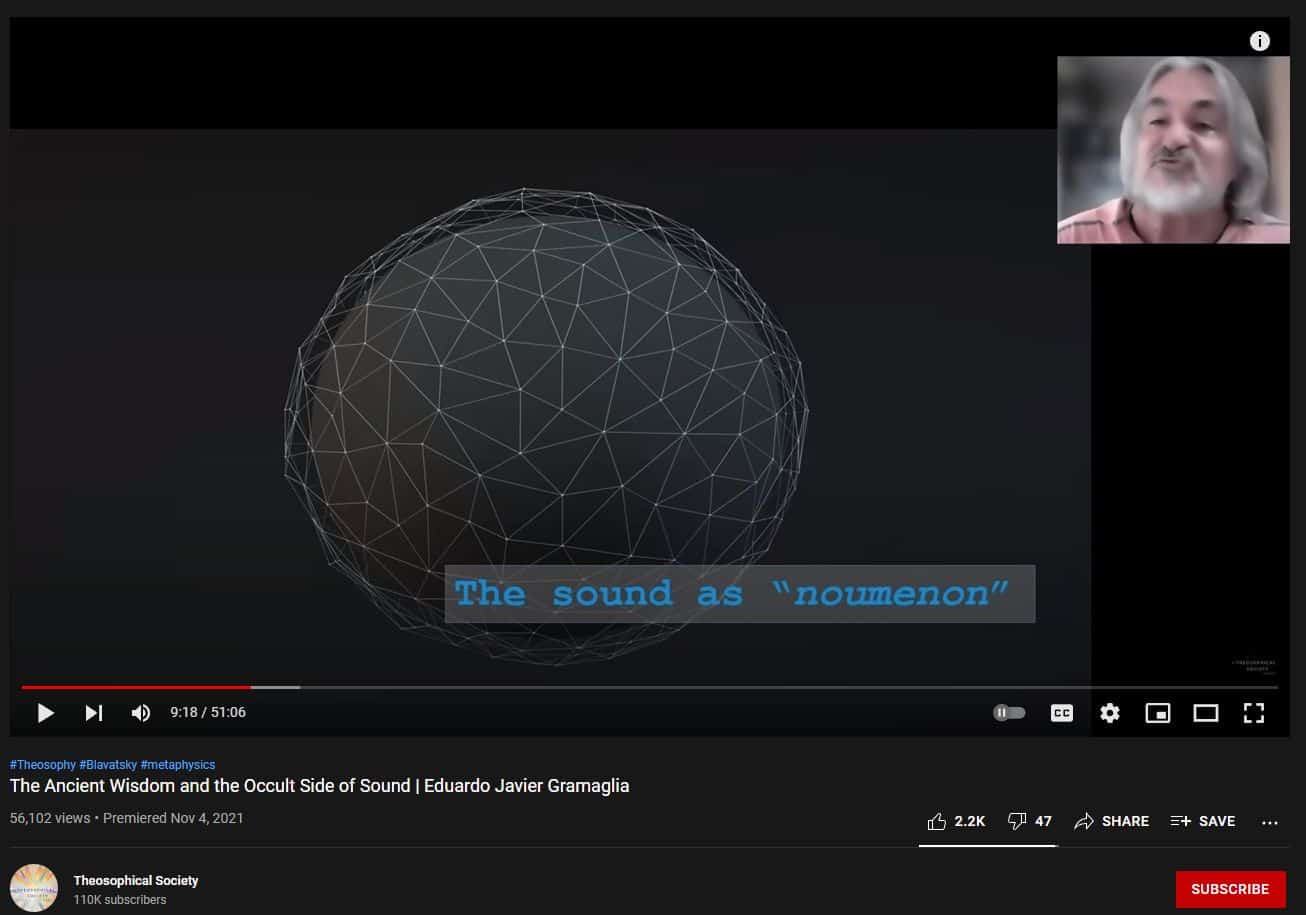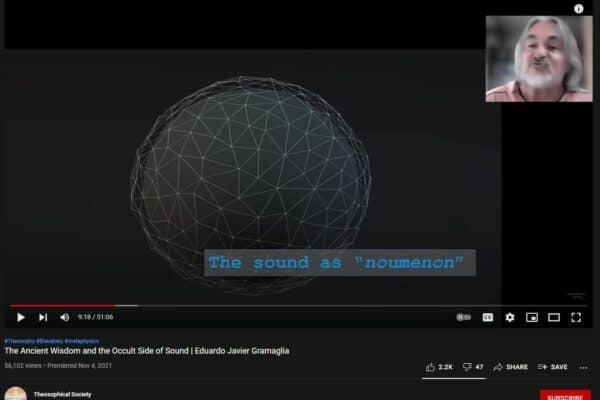Noumenon How HP Blavatsky saw sound
“Noumenon” is a term used in philosophy to refer to a thing as it is in itself, independent of observation. As for how Helena Petrovna Blavatsky (HP Blavatsky), a prominent figure in the 19th-century Theosophical movement, perceived sound, it’s important to note that she incorporated various esoteric and spiritual concepts into her writings.
Blavatsky’s views on sound were influenced by Theosophy, which emphasizes the interconnectedness of all aspects of the universe, including spiritual and material realms. In Theosophical teachings, sound is often considered a fundamental aspect of creation and manifestation. Sound vibrations are believed to permeate the cosmos, playing a role in both spiritual and physical phenomena.
Blavatsky’s writings suggest that she saw sound not only as a physical phenomenon but also as a manifestation of deeper spiritual principles. In The Secret Doctrine, one of her major works, she discusses the role of sound in cosmogony (the study of the origin of the cosmos), suggesting that primordial sound vibrations played a part in the creation of the universe.
Furthermore, Blavatsky believed in the existence of higher planes of existence beyond the physical realm, where sound may have different qualities and significance. In these metaphysical teachings, sound is often associated with higher states of consciousness and spiritual enlightenment.
Overall, Blavatsky’s perspective on sound was deeply intertwined with her broader metaphysical worldview, which incorporated elements of Eastern and Western esoteric traditions. While her views may not align with contemporary scientific understandings of sound, they continue to be of interest to those exploring spiritual and philosophical perspectives on the nature of reality.

